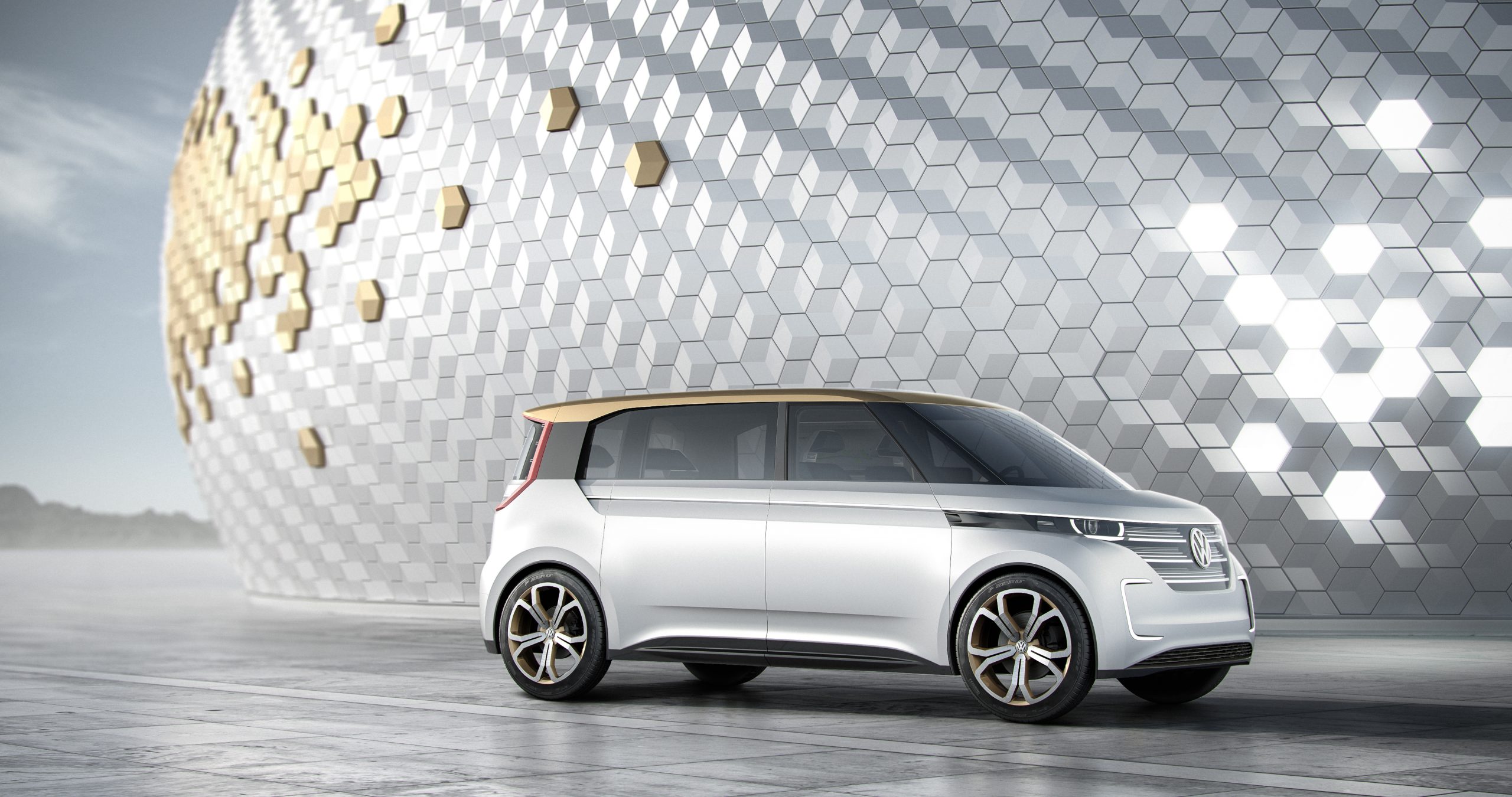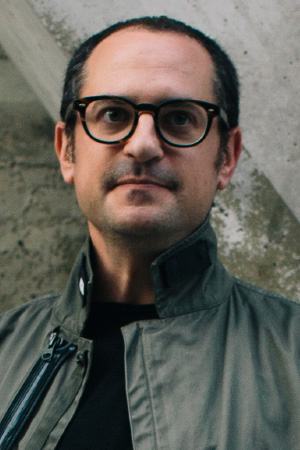On Monday, Volkswagen Group used the TechCrunch Disrupt meeting in London to announce a new company, Moia. It joins the group's 12 automotive brands but isn't necessarily going to make cars; VW says that Moia is a response to the future of transportation and that buzzword du jour, "mobility."
Even though not everyone will still own a car in the future, "MOIA can help make everyone a customer of our company in some way or another,” Matthias Müller, CEO of VW Group, said. At first that means ride-sharing, and VW has already invested $300 million in a ridesharing platform called Gett (used by London's black taxis, among others). But eventually the plan is for Moia-owned vehicles—electric and autonomous, we assume—to be the ones summoned via app. Autocar speculates that this could be the eventual use for VW's BUDD-e concept car, which would be co-branded with Moia.
This looks like a smart move for VW Group, switching the topic as it does from the ongoing scandal of cheating emissions tests. Most of its rivals have already thrown down a mobility flag; GM and Maven, Daimler-Benz and Car2Go, BMW and ReachNow, and that's before we see autonomous car services from Ford and Tesla. Now VW can try to do the same with a name that's not covered in a layer of soot and particulates.


 Loading comments...
Loading comments...
